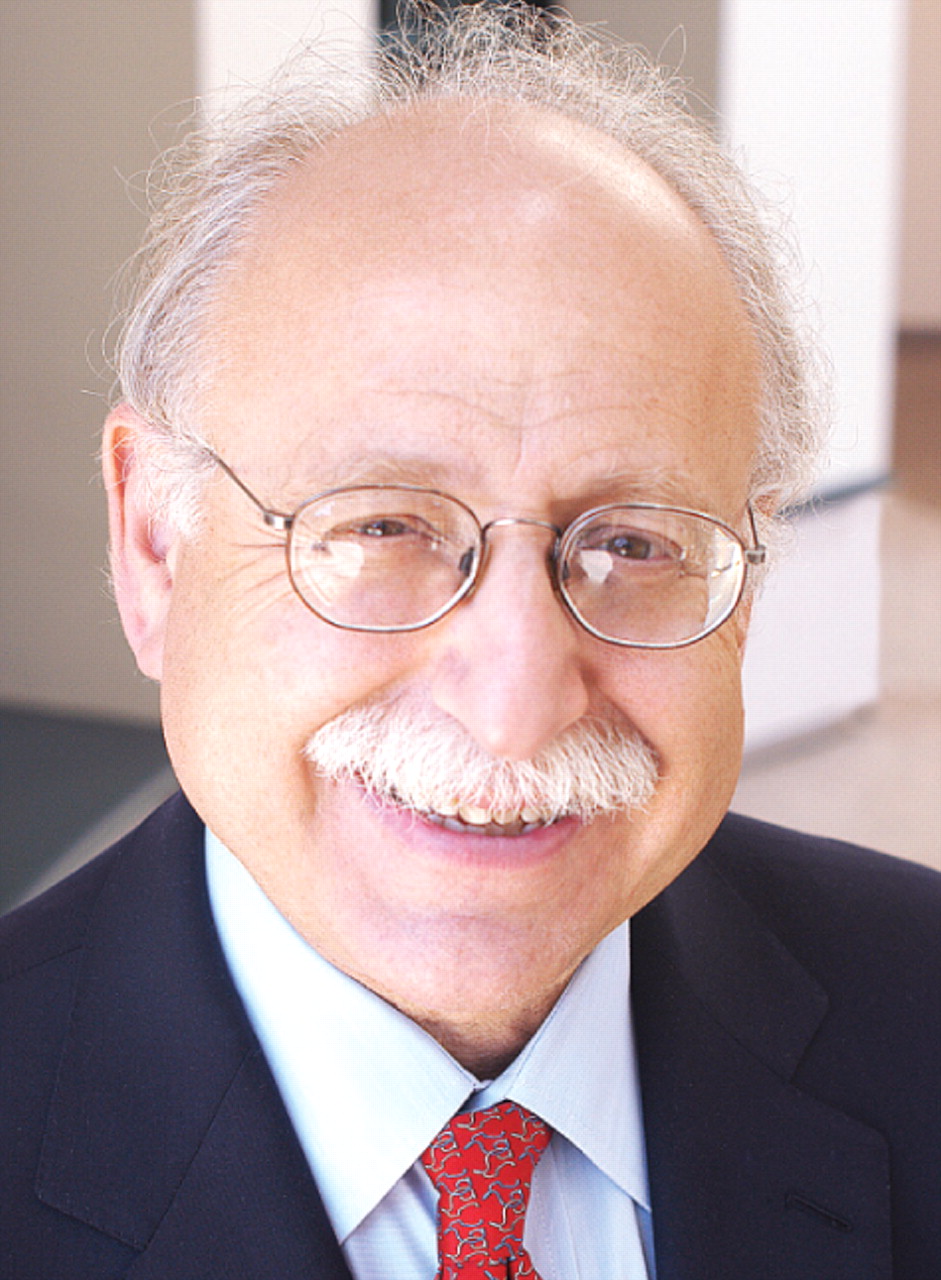Don't Pass Up This APA Gem!

APA's 2009 Institute on Psychiatric Services—which is being held October 8 to 11 in New York City—offers a great opportunity for our members to learn about a number of innovations in psychiatric treatment. The Scientific Program Committee, chaired by Dr. Stephen Goldfinger, and Dr. Debbie Hales, director of APA's Division of Education, have done a terrific job in shaping a first-rate program (see Original article: Author Pete Earley Featured at Conversations Event and Original article: Breaking News!).
This year's program will expand from its more traditional community focus to include vital new information on a variety of therapeutics for other practitioners in our field. The program includes a number of special lectures, immersion courses, symposia, workshops, clinical “practical pearls,” and forums, all led by experts in our field. The program can be accessed on APA's Web site at<www.psych.org/MainMenu/EducationCareerDevelopment/Meetings/InstituteonPsychiatricServices.aspx>.
In keeping with the theme of my presidency, the institute's theme is“ Pride and Practice: Bringing Innovation Into Our Treatments.”
For lectures, we have a series of award and invited lectures. With regard to the award lectures, Dr. Dwight Evans (APA Research in Psychiatry Award) will discuss the interface of psychiatry with other areas of medicine, with an emphasis on HIV disease progression; Dr. Victor Reus (Vestermark Award) will discuss maintaining career-long competence; Dr. Christopher McDougle (Frank J. Menolascino Award) will discuss the diagnosis and pharmacotherapy of autism; Dr. Lloyd Sederer (Administrative Psychiatry Award) will discuss public mental health; and Dr. Kenneth Pargament (Oskar Pfister Award) will discuss spirituality and mental illness.
Among the invited lectures, we have treatment-oriented lectures by Dr. Otto Kernberg on transference-focused psychotherapy, Dr. Jeffrey Lieberman on pharmacologic treatment of schizophrenia, Dr. Harold Koplewicz on treatment of adolescent depression, Dr. Linmarie Sikich on antipsychotics in children, Dr. Kim Hopper on outcomes of schizophrenia around the world, and Dr. Grayson Norquist on telepsychiatry for underserved populations. These leaders will provide their unique perspectives on obviously diverse clinical issues. I have agreed to talk on the future status of antidepressant therapy and the implications for training and practice. We have other lecturers as well, such as Dr. Paul Appelbaum on conflicts of interest in dealing with industry and Dr. Michael Hogan on mental health services in New York state.
The Scientific Program Committee has developed a series of superb half-day and full day courses—including, among others, ones on psychopharmacology, buprenorphine, and CBT for patients with psychotic disorders. These offer highly efficient opportunities to learn key, in-depth material presented by leaders in our field. The psychopharmacology course will include Dr. Charles DeBattista, Dr. Terry Ketter, and me from Stanford; Dr. Jeremy Coplan from SUNY Downstate; and Dr. Jeffrey Lieberman from Columbia. The course on CBT for psychotic disorders will be led by Dr. Michael Garrett from SUNY Downstate.
Dr. Johnny O'Reardon from the University of Pennsylvania and a leading expert in transcranial magnetic stimulation will provide a forum on the topic.
We have a number of interesting workshops including—to name but a few—one on gender and academic careers codirected by Drs. Geetha Jayaram and Leah Dickstein and one on residency issues with Drs. Sarah Johnson, Carol Bernstein, and Kayla Pope. In addition to these, we have a workshop on the pharmacotherapy of addictions with Drs. John Renner and Eric Strain and a symposium on PTSD in military psychiatry organized by Dr. Darrel Regier. There will be “practical pearl” sessions as well led by Dr. Carolyn Robinowitz and others. And there's much, much more on the scientific program, as well as the host of other social and collegiality opportunities the institute has offered over the years.
The institute is one of a number of educational opportunities that APA offers to its members. It serves an important niche not only for hospital- and community-based practitioners but all mental health clinicians. I urge you to take advantage of this opportunity, and I look forward to seeing all of you in New York City next month. ▪



